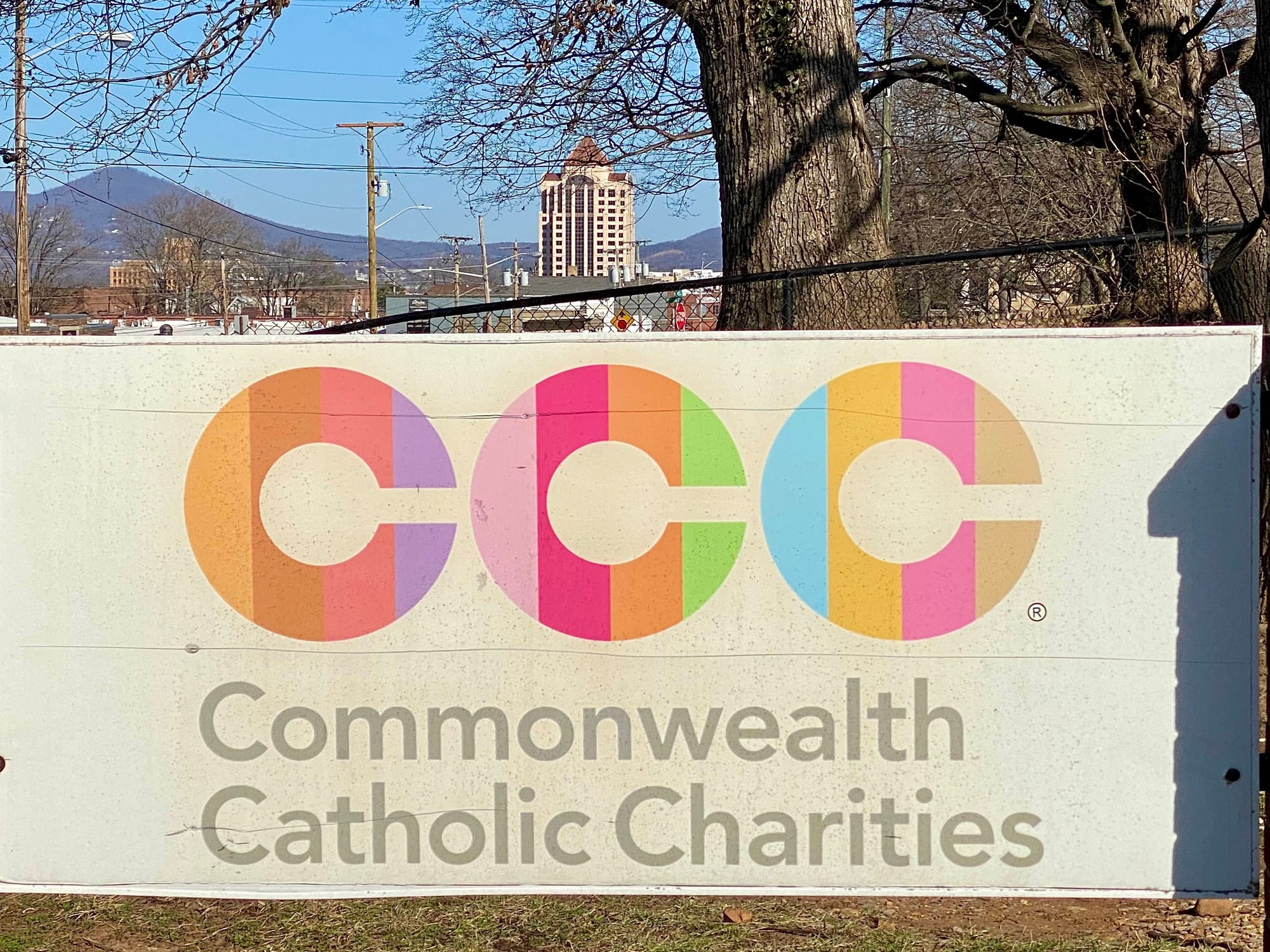Refugee Resettlement Agency Lays Off Roanoke Staff After Federal Funding Cuts
Refugees living in Roanoke are facing an increasingly unstable future in the wake of federal funding cuts and executive orders.

Refugees living in Roanoke are facing an increasingly unstable future in the wake of federal funding cuts and executive orders.
Commonwealth Catholic Charities, a nonprofit authorized by the government to help resettle refugees, has laid off 26 employees in Virginia, including eight in Roanoke.
“It’s heartbreaking,” said Samjana Dahal, resettlement program supervisor in Roanoke. “It’s very difficult trying to meet the needs of our clients with limited staff.”
Roanoke has long promoted itself as a welcoming community for immigrants and refugees, beginning with Vietnamese “boat people” in the 1970s. Last year, the city became the first in Virginia to be certified as a “Welcoming City” from a national nonprofit because of Roanoke’s policies and partnerships that support immigrants and refugees.
“Providing essential resources for our immigrant and refugee families is a priority,” Mayor Joe Cobb said in a text message. “Learning of the reduction in CCC staff due to the federal freeze is very concerning. I am committed to working with our local partners to address these gaps on service.”
Commonwealth Catholic Charities is currently helping 15 families in Roanoke navigate their first three months in the country, Dahal said. Refugees have fled violence in countries such as Venezuela, Columbia, Afghanistan and Democratic Republic of the Congo. Many refugees from Afghanistan helped the U.S. military during the war, including as interpreters.
For decades, Catholic Charities has served as the official resettlement agency in the Roanoke region, helping acclimate refugees who have completed a lengthy vetting process to enter the country. For their first 90 days, the agency provides housing costs, case management, school enrollment, health and language support and employment services.
But on Feb. 27, the U.S. State Department ended contracts with all refugee settlement agencies, said Marnie Mills, a spokesperson for Catholic Charities in Roanoke. Without that funding, the agency will be unable to pay for refugees’ housing.
“We are really working within the community, community partners, parishes, individual donors, because the most important thing right now is making sure that we have rent paid for April and May,” Mills said.
Catholic Charities in Roanoke is seeking to raise $1,275 per family, or $19,125 to keep refugees housed within the 90-day window. The agency says 97 percent of refugee clients are employed and financially self-sufficient within the first few months of their arrival.
“It not only impacted the funding for rent, you know, utilities, household items, but it's also been a challenge with making sure that we're able to find employment for the families so they can pay their own rent,” Mills said. “There’s just intense case management.”
Even before the federal funding freeze, the government curtailed its resettlement services. A January executive order from President Donald Trump suspended the U.S. Refugee Admissions Program, effectively blocking new arrivals to the country.
“The United States lacks the ability to absorb large numbers of migrants, and in particular, refugees, into its communities in a manner that does not compromise the availability of resources for Americans, that protects their safety and security, and that ensures the appropriate assimilation of refugees,” the executive order said.
Commonwealth Catholic Charities has helped resettle 285 individuals in its current fiscal year.
Dahal joined Catholic Charities a year ago, but has a long history with the agency. Catholic Charities helped her family settle in Roanoke from Nepal in 2011.
Bethany Lackey, executive director of Roanoke Refugee Partnership, said the lack of wraparound services provided by Catholic Charities will harm refugee families. After the intensive 90-day help, Catholic Charities continues to help refugees for up to five years, after which they can apply for U.S. citizenship.
“It's really hard to get back on your feet once that funding is gone for so long,” Lackey said. “We're already working with them to figure out what families are in greatest need.”
Roanoke Refugee Partnership itself has not been affected by the federal cuts, since it’s not funded by the government. The grassroots nonprofit formed in 2017 and runs on volunteers.
“I think that we're going to see the request for emergency financial assistance,” Lackey said. “And of course, the donations to help families bridge that gap, especially as they adjust to not having a resettlement agency and a primary resource to go to. But we'll need volunteers, because we're going to see a higher amount of families who are in need.”

